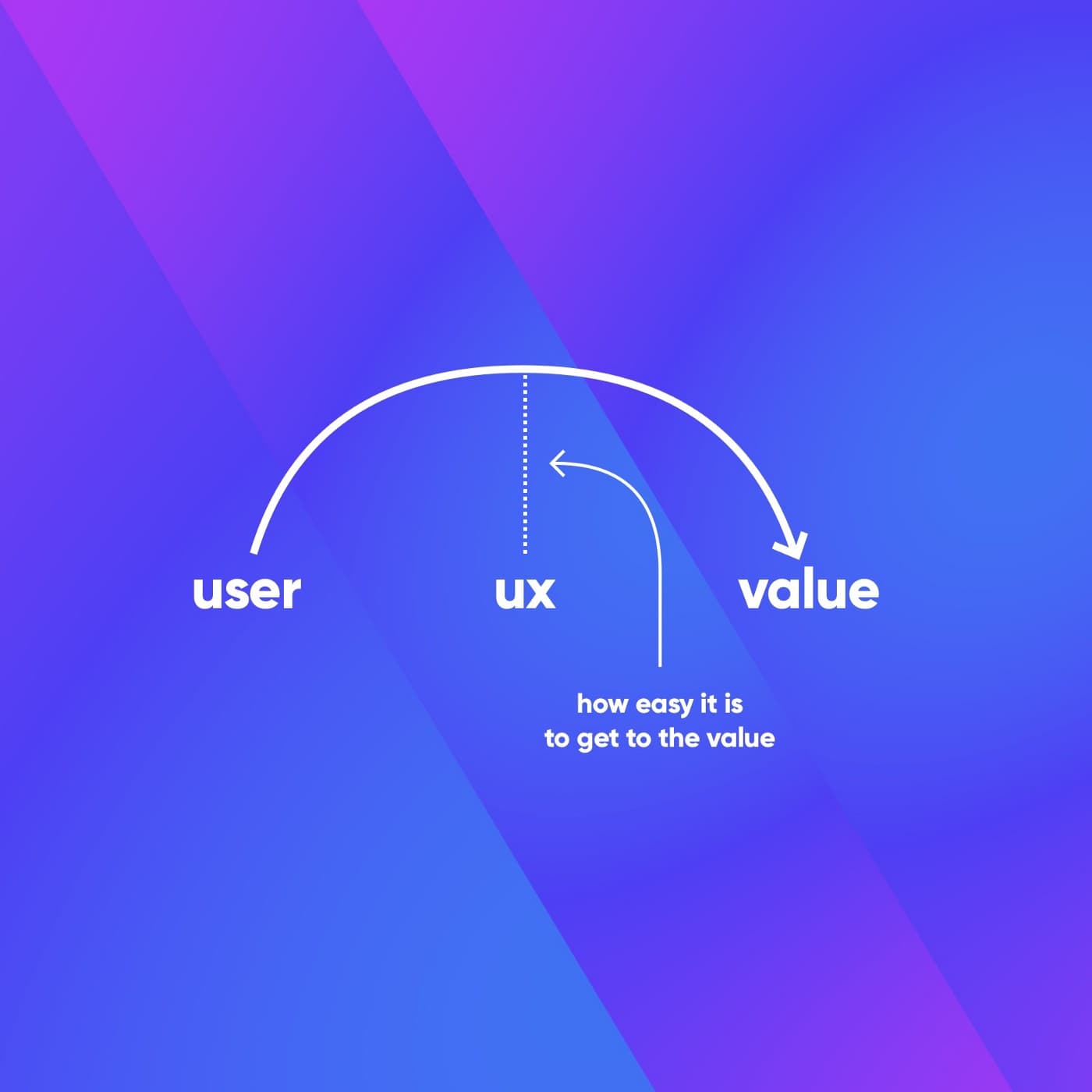Face the reality
Some say my approach is negative because I don’t sugarcoat the situation. But the reality is the UX industry doesn’t care about you (or me). It has its own goals and we’re not a part of the equation just because we exist. I know it sounds gloomy, but hear me out! ☝🏻
Many people when they hear stuff like that quit their goal. It’s too hard and chances of success are too slim - they often say.
But...
Here’s a way out. Acknowledge those two facts:
The industry doesn’t care about you
Most designers give up because of that Once you do you’re not bound by those limitations anymore and you know what to do:
Make it ing care! 1200 people unfollowed me this month because I talk honestly about the chances and that you can’t hack your way in - it needs a lot of hard work. 💪🏻 With that many people giving up you’re already ahead when you don’t.
And when you know you need to MAKE the industry care about you, you can come up with a plan. I will be sharing this plan here and on YouTube this year for free. 🙌🏻 You can find parts of it in my portfolio checklists already. In this tough economy, we will make MORE super-designers this year than last year, because all the weak ones here already left. Are you ready to rock 2024? 🫡
Community Says
• uday.oui: What according to you are the points that a beginner must keep in mind before starting a project and how does this get reflected in the portfolio and finally reaching the recruiters suitable candidates list?
• Michal Malewicz: A portfolio project needs to be made in a way that will make sense for a future employer - no random apps, but something that makes sense for them to hire you. And then do networking and get yourself seen.
• sachin_bharath_99: I have this doubt about whether to become a specialist in designing particular types of products or learn to excel on all types of products. Which way do you think will be more useful for a junior designer?
• Michal Malewicz: Depends whether your plan is to work for a specific company - then the portfolio should reflect similar products to what they do. I always say going freelance gives you the best set of skills because when freelancing you just need to learn a little bit of everything.
• imzanebmally: Is design about learning Figma and doing UX? or is it also about making a functional website with no code tool webflow or framer? How can a designer design and also learn Framer? Isn't it too much to learn?
• Michal Malewicz: Design is about learning any design tool, doesn't have to be Figma. Some designers code, some use no-code tools, and some just design. Generally, it's good to have a couple of overlapping skills but you don't need to necessarily code full on.





